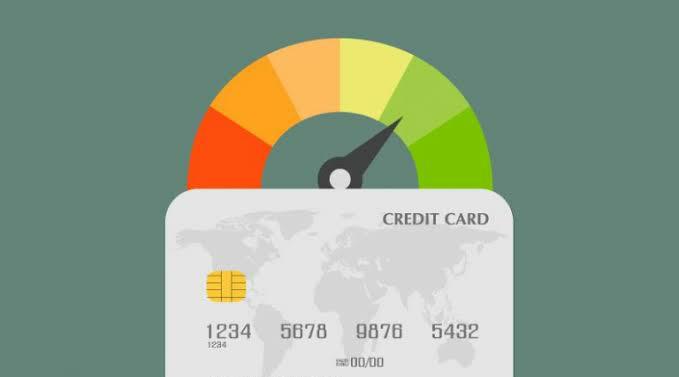Introduction
Credit cards have become an integral part of our financial lives, offering convenience and flexibility in managing expenses. However, there are instances where credit card issuers discontinue certain card products, leaving cardholders wondering about the potential impact on their credit scores. To shed light on this topic, we turn to the experts at Arodeal Fintech, a leading financial technology company known for its expertise in credit scoring and consumer financial health. In this blog post, we’ll explore the implications of credit card discontinuation on your credit score and provide valuable insights from Arodeal Fintech.
Understanding Credit Scores
Before delving into the impact, it’s crucial to understand the significance of credit scores. Credit scores are numerical representations of an individual’s creditworthiness and financial health. They are used by lenders, landlords, and even employers to assess the level of risk associated with lending money or offering certain opportunities.
Impact of Credit Card Discontinuation
When a credit card issuer discontinues a particular card, it can have both direct and indirect effects on your credit score. Let’s examine these effects in detail:
- Credit Utilization Ratio: A significant factor in credit scoring is the credit utilization ratio, which measures the amount of available credit you are using. When a credit card is discontinued, its credit limit is effectively removed from your available credit. If you maintain balances on your other cards, your credit utilization ratio could increase, potentially negatively affecting your credit score.
- Length of Credit History: The length of your credit history also plays a vital role in determining your credit score. Closing a credit card account may shorten your credit history, especially if it was one of your oldest accounts. A shorter credit history could impact your credit score, as a longer credit history generally reflects greater stability and responsible credit management.
- Mix of Credit Types: Credit scoring models consider the variety of credit accounts you have, such as credit cards, loans, and mortgages. Losing a credit card might reduce the diversity of your credit types, potentially affecting your credit score. However, this impact may vary depending on the overall credit mix in your credit profile.
- Payment History: Your payment history is one of the most critical factors in determining your creditworthiness. If you had a good payment history with the discontinued credit card, it will continue to be reflected positively on your credit report. However, any missed payments or delinquencies could still negatively impact your credit score, regardless of the card’s discontinuation.
Insights from Arodeal Fintech
Arodeal Fintech, with its vast experience in credit scoring, provides some valuable insights regarding credit card discontinuation:
- Monitor Credit Utilization: If one of your credit cards is discontinued, it becomes crucial to monitor your credit utilization ratio. To mitigate the potential negative impact, consider paying down balances on other cards or requesting a credit limit increase on other active credit cards to maintain a healthy utilization ratio.
- Evaluate Credit Mix: Losing a credit card may prompt you to review your overall credit mix. If you have other types of credit accounts, such as loans or mortgages, the impact of a discontinued credit card may be less significant. However, if your credit mix heavily relies on credit cards, you might consider diversifying your credit profile over time.
- Maintain Positive Payment History: The discontinuation of a credit card does not absolve you of your payment responsibilities. Continue to make timely payments on your remaining credit accounts and ensure a strong payment history. Consistent, on-time payments contribute significantly to maintaining or improving your credit score

